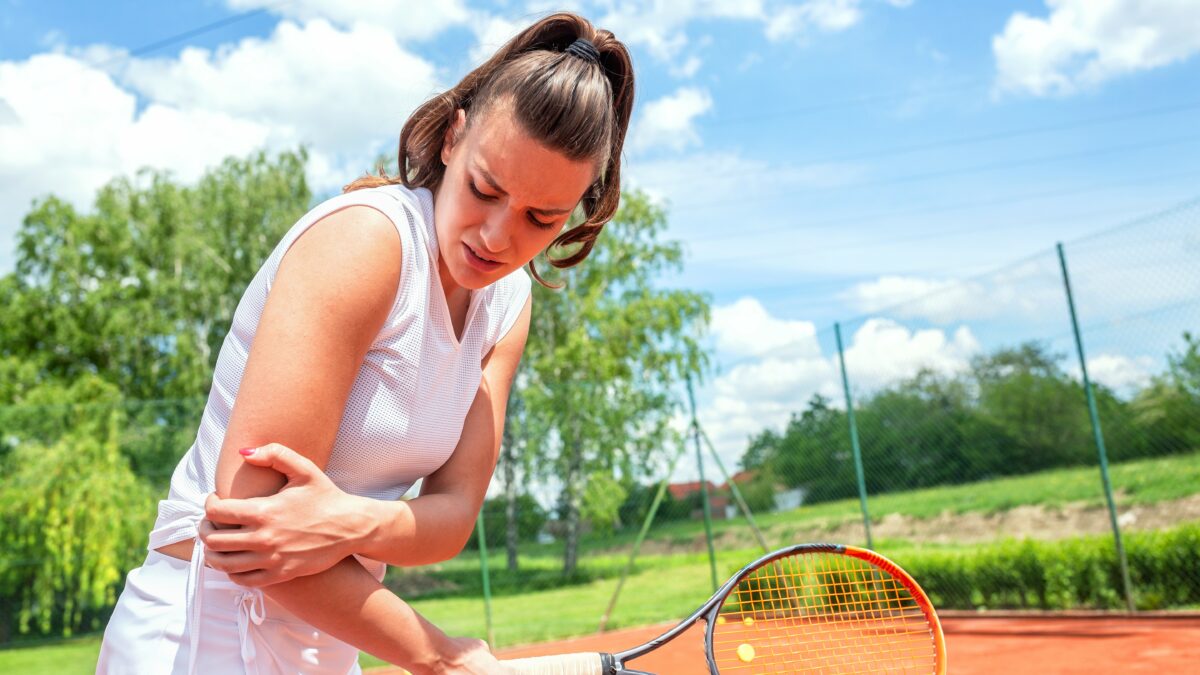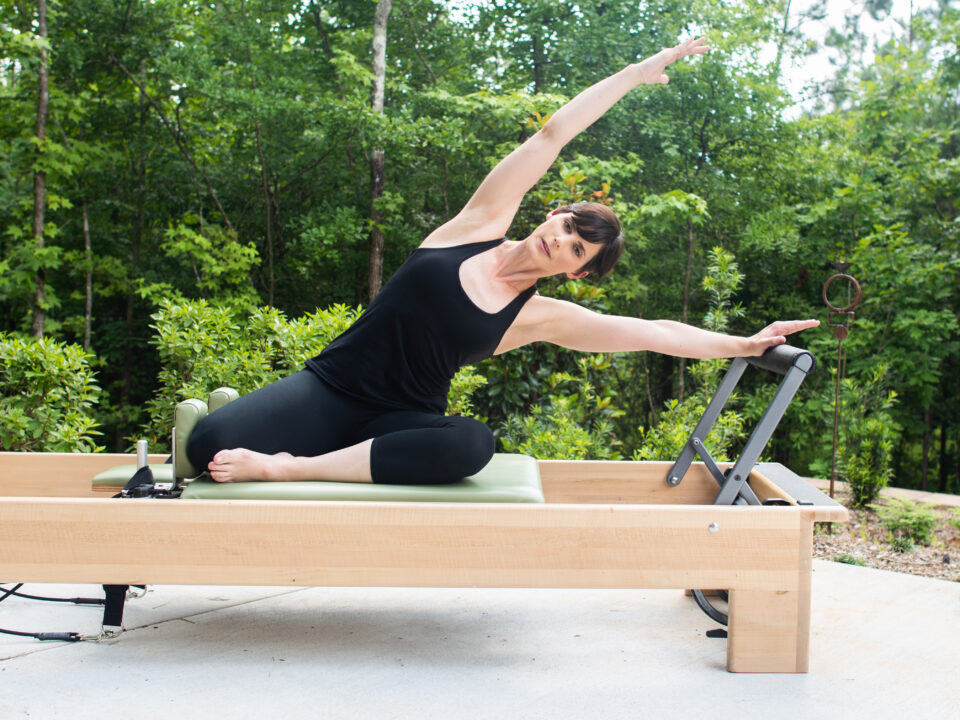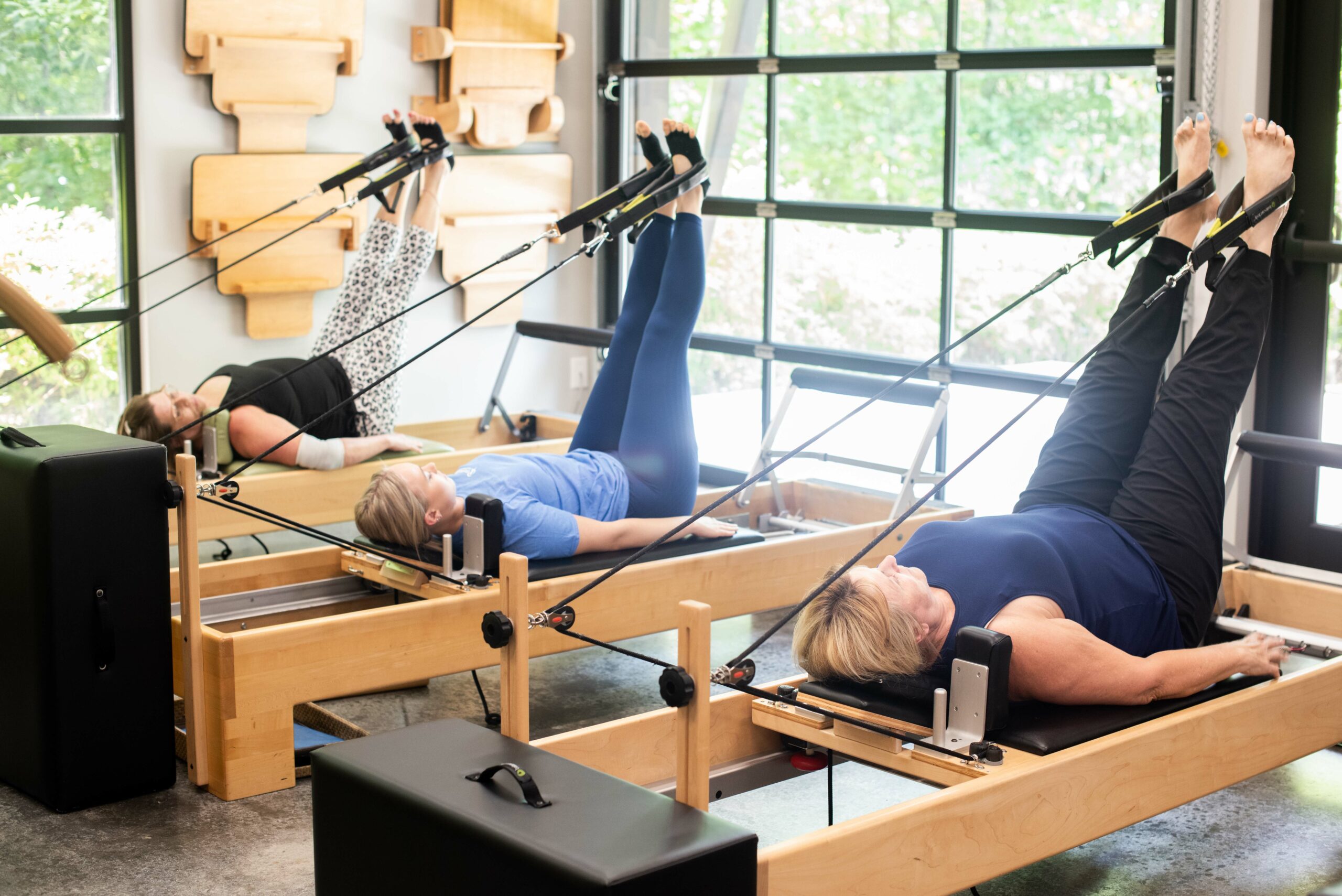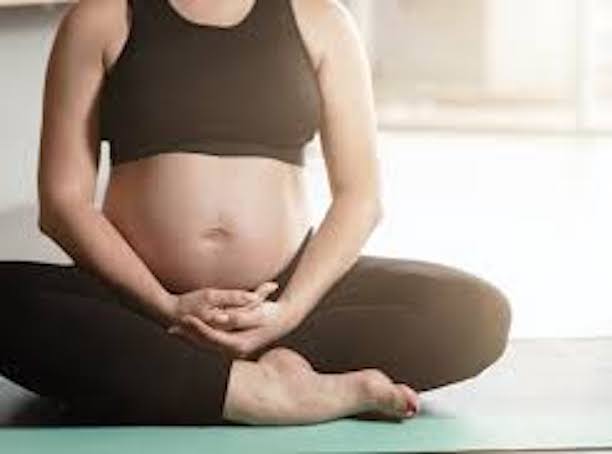- Mon - Fri
7.30 AM – 5.30 PM
Other hours upon request - 770-487-1931
Relieve Tendonitis Pain: How Physical Therapy Can Help You Heal and Move Better

Elbow injury in tennis, unpleasant facial expression, arm injury
Tendonitis is an often-used word when referring to various injuries. It can actually be a broad term, referring to the tendon itself or the area just outside it. The cause of such an injury is often just plain old wear and tear.
“It usually happens from some sort of overuse,” Dr. Karyn Staples, PT, PhD, NCPT of ProHealth Physical Therapy and Pilates Studio in Peachtree City. “There is a repetitive movement pattern that is done over and over again, most likely with some level of load or force to it. That is where you get the strain.”
The challenge is finding the exact source of irritation so it can be corrected.
Some common areas that are sources of tendonitis include the outside of the elbow. You have likely heard of “tennis elbow” or perhaps “golfer’s elbow”; those are types of tendonitis. The knee and the shoulder are other prime locations for this kind of irritation or inflammation, although it can happen in any tendon in the body. It all comes down to poor alignment, poor muscle activation, or a general sense of not knowing the proper way to move.
How does physical therapy come into play when dealing with these issues?
The first stage is controlling pain. If there is a severe level of discomfort, it needs to be brought down to something that is manageable. Some of the methods for doing that can include rest, ice, or specific therapy techniques.
Next up is the task of restoring range of motion in the affected joint as well as quality of movement.
“If something is not moving well, another muscle might have to do the job that it shouldn’t do,” said Staples. “It might have too much load on it because of how someone is grabbing something or moving the wrist.”
The third stage of rehab involves examining how day-to-day life can function without aggravating the injured area. For example, if you have so-called tennis elbow but have never picked up a racket, it might be traced to how you grip items during your daily routine. The idea is to strengthen the body so that the same area does not become inflamed again a month after rehab has been completed.
“There might be some things we ask the patient to do during the first stage, like carrying your large Stanley cup with your other hand to give yourself some rest,” said Staples. “Ultimately you want to go back to being able to use both hands as you normally would.”
Whether carrying your favorite drinking cup or loading and unloading your washer and dryer, the way you move can affect or aggravate these kinds of injuries. Something as simple as opening the washer from the other side to move clothes into the dryer directly can reduce pain because of the change in movement.
“When there’s pain, your body will always end up doing something a little bit differently to not be in pain,” said Staples. “But sometimes that pattern isn’t the best, either.”
Tasks that require much gripping or twisting can cause tendonitis. The same goes for machine work or repetitive movements with tools. This can come from factory work, carpentry, laboratory
duties or sitting at a computer and typing all day. There is a great deal in the workplace that can aggravate the body. Throw in other basic life functions, from how you do yard work during the day to your favorite sleeping position at night, and there are even more possibilities to consider.
Physical therapists will ask the right questions and take a close look at all of these situations to see how a patient is moving his or her body. Making a few corrections on how to carry out daily functions can be a preemptive move to prevent physical problems down the road.
If you’re experiencing pain, stiffness, or irritation from tendonitis, don’t wait for it to worsen. The team at ProHealth Physical Therapy and Pilates Studio is here to help you find relief, restore movement, and prevent future flare-ups. ProHealth Physical Therapy and Pilates Studio is located at 1777 Georgian Park in Peachtree City. For more information or to book your appointment today call 770-487-1931 or visit prohealthga.com.




